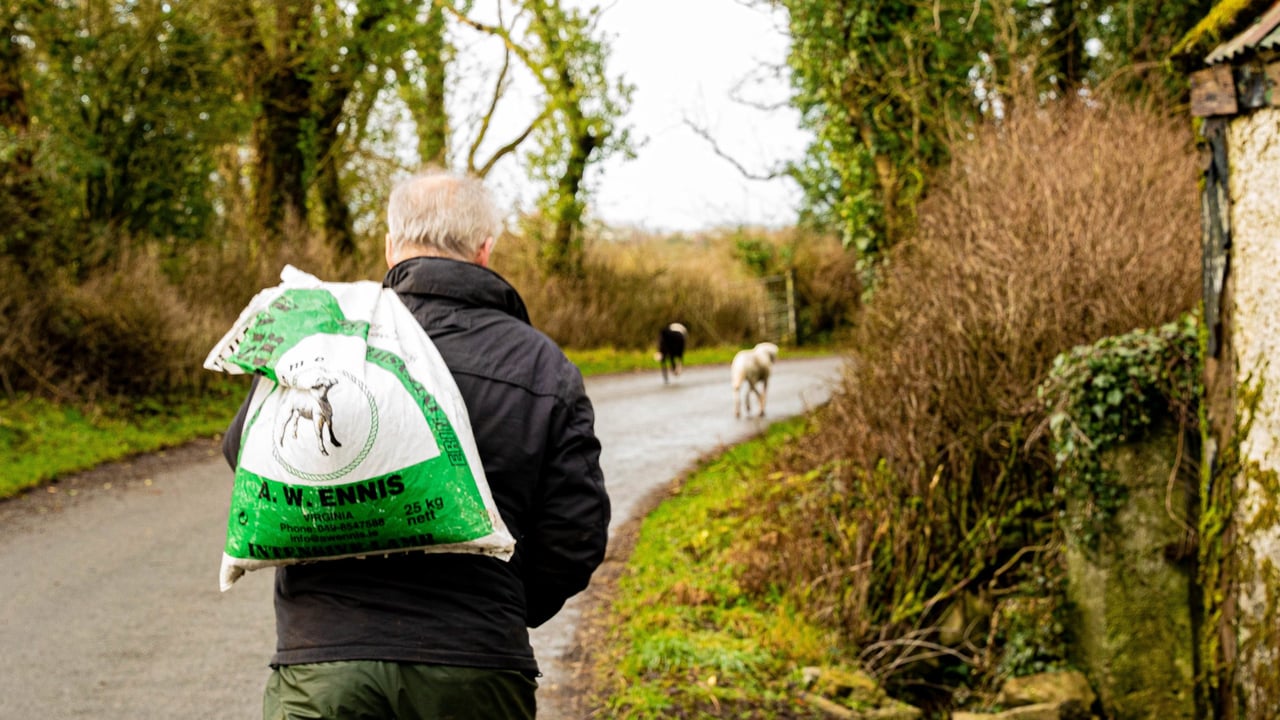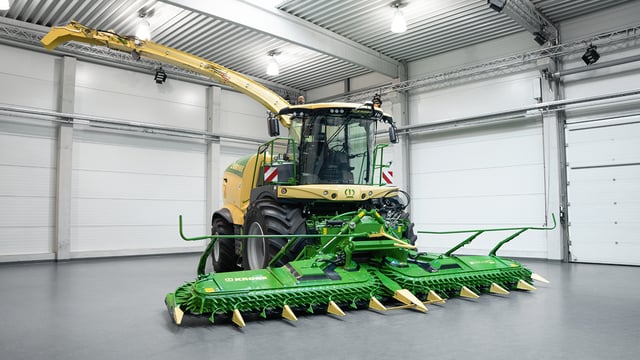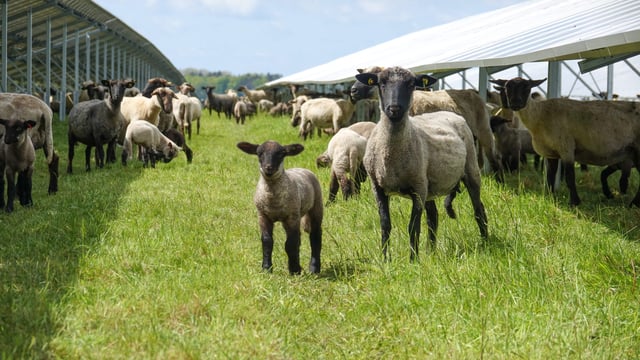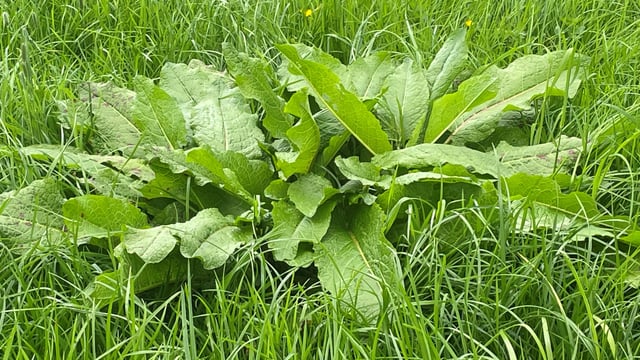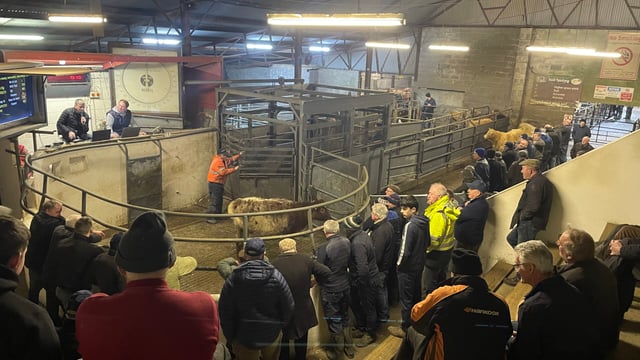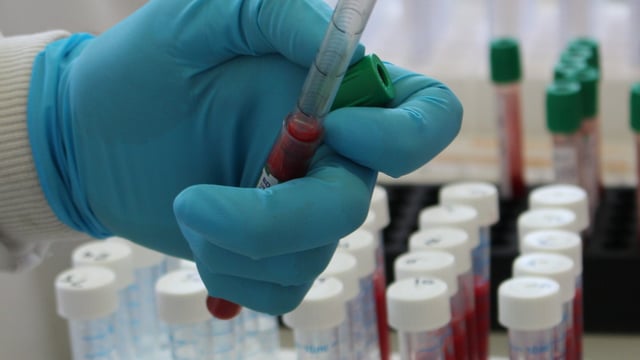Irish Rural Link claims Budget 2026 'falls short'
Irish Rural Link (IRL), the national network representing the interests of rural communities says measures in Budget 2026 "fall short" for low-income households.
IRL has welcomed certain measures such as the €10 increase in core social welfare rates, including both contributory and non-contributory pensions, and increases in the Child Support Payment.
However it said the measures are not enough for low-income rural households facing ongoing cost-of-living pressures.
It highlighted that the measures are smaller than those announced in Budget 2025 and "will not be sufficient for many households that continue to struggle to make ends meet".
In its pre-Budget submission, IRL had called for a minimum €16/week increase in core social welfare payments which it said is what is needed to begin lifting people out of poverty.
Budget 2026 measures
IRL has acknowledged the €5 weekly increase in the Fuel Allowance and the extension of the scheme to households receiving the Working Family Payment.
However, it outlined that this increase will be offset by the rise in carbon tax, with further hikes scheduled to take effect on home heating fuels in May 2026.
The organisation has argued that the increase in petrol and diesel prices from October 7 will disproportionately affect rural families who rely on cars for commuting, school runs, and healthcare access.
IRL said it is concerned about the level of funding allocated to rural development (€192 million) and community development (€260 million), which it said does "not go far enough".
Many community and voluntary organisations are already grappling with rising costs and with auto-enrolment pension schemes and increases in the minimum wage coming into effect in January 2026, they will continue to struggle, according to IRL.
As a result, much of the additional funding will likely be absorbed by these costs, it argues.
While the overall public transport budget has increased, IRL is awaiting further details on its breakdown, particularly the allocation for Local Link services.
Rural households that are car-dependent continue to "bear the brunt" of rising carbon taxes year after year, it added.
With few viable alternatives, a significant portion of household income is spent on keeping a car on the road.
The government has also been criticised as there is no mention of increased funding for the Meals on Wheels service, an essential support for many rural residents.
Commenting on the Budget, CEO of Irish Rural Link, Seamus Boland said: “While we welcome the increase in some social welfare payments, it is clear that this will not be enough to offset the continued rise in essential food prices.
"With the increase in carbon tax on petrol and diesel... low-income households in rural areas will continue to struggle.
"It is particularly disappointing that there was no mention of funding for Meals on Wheels services, which are already under pressure from rising delivery costs and now face additional financial burdens due to auto-enrolment and the upcoming minimum wage increase in January."

